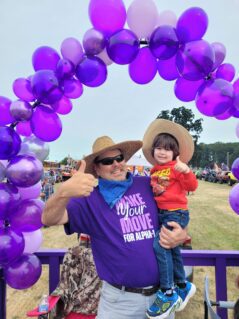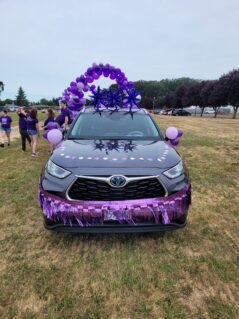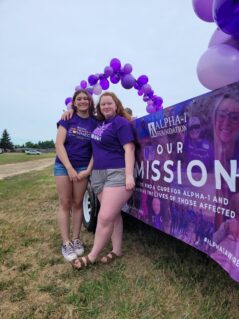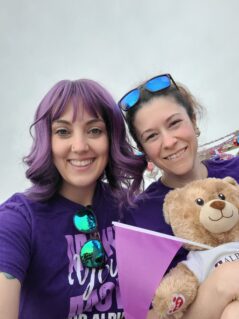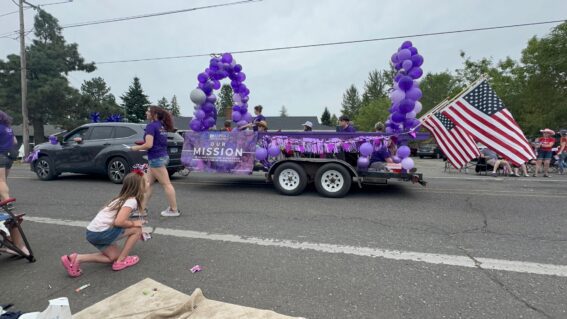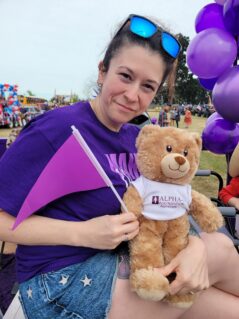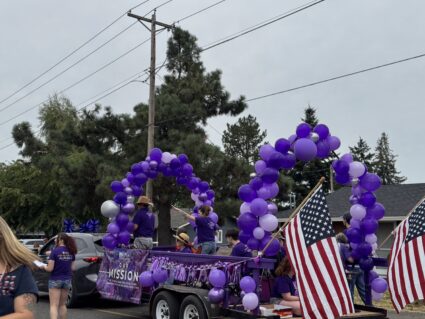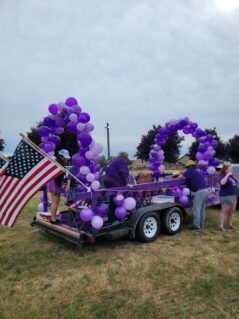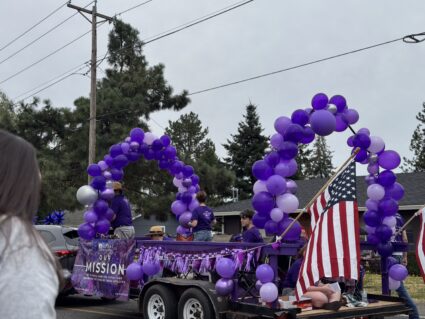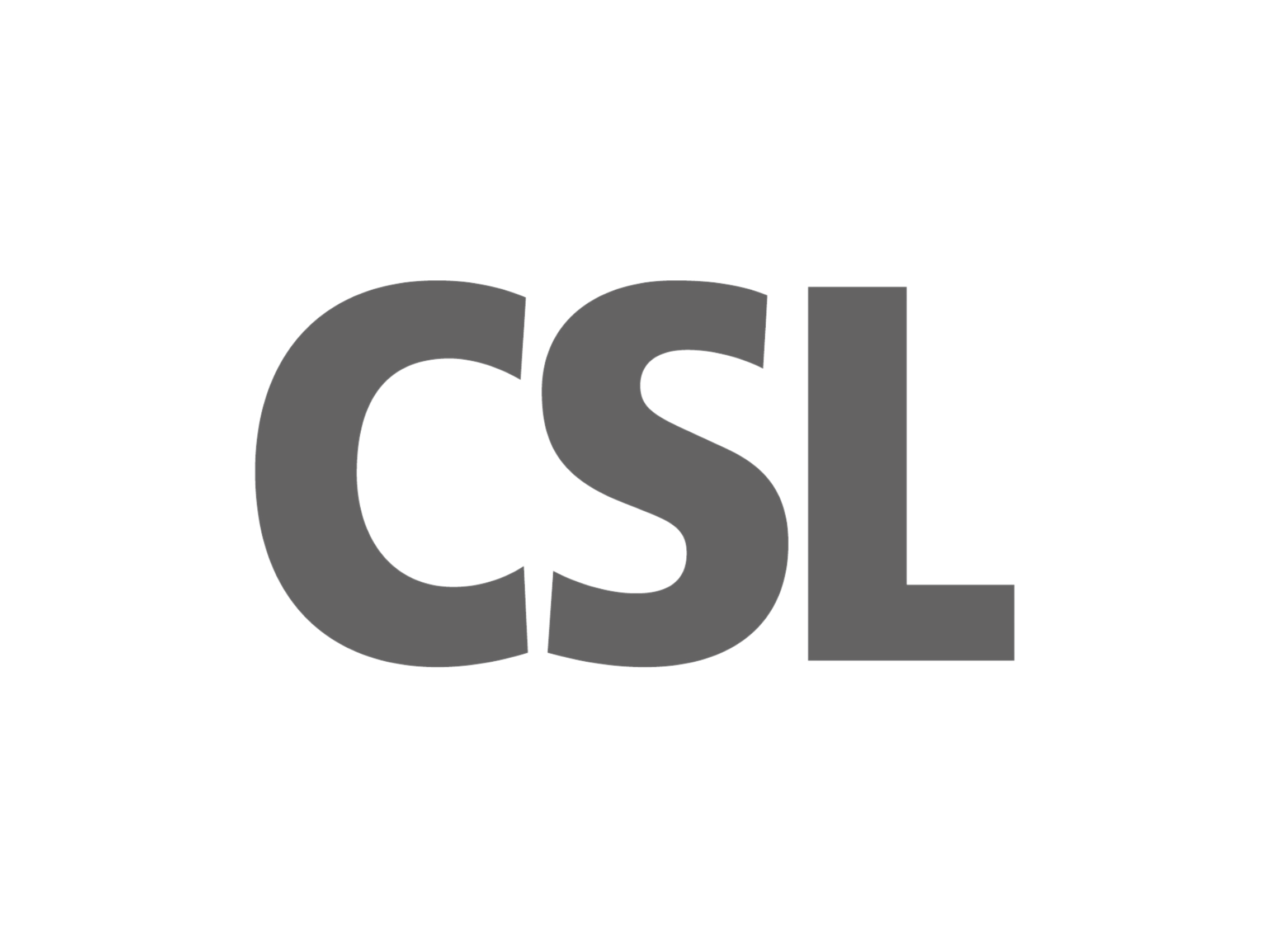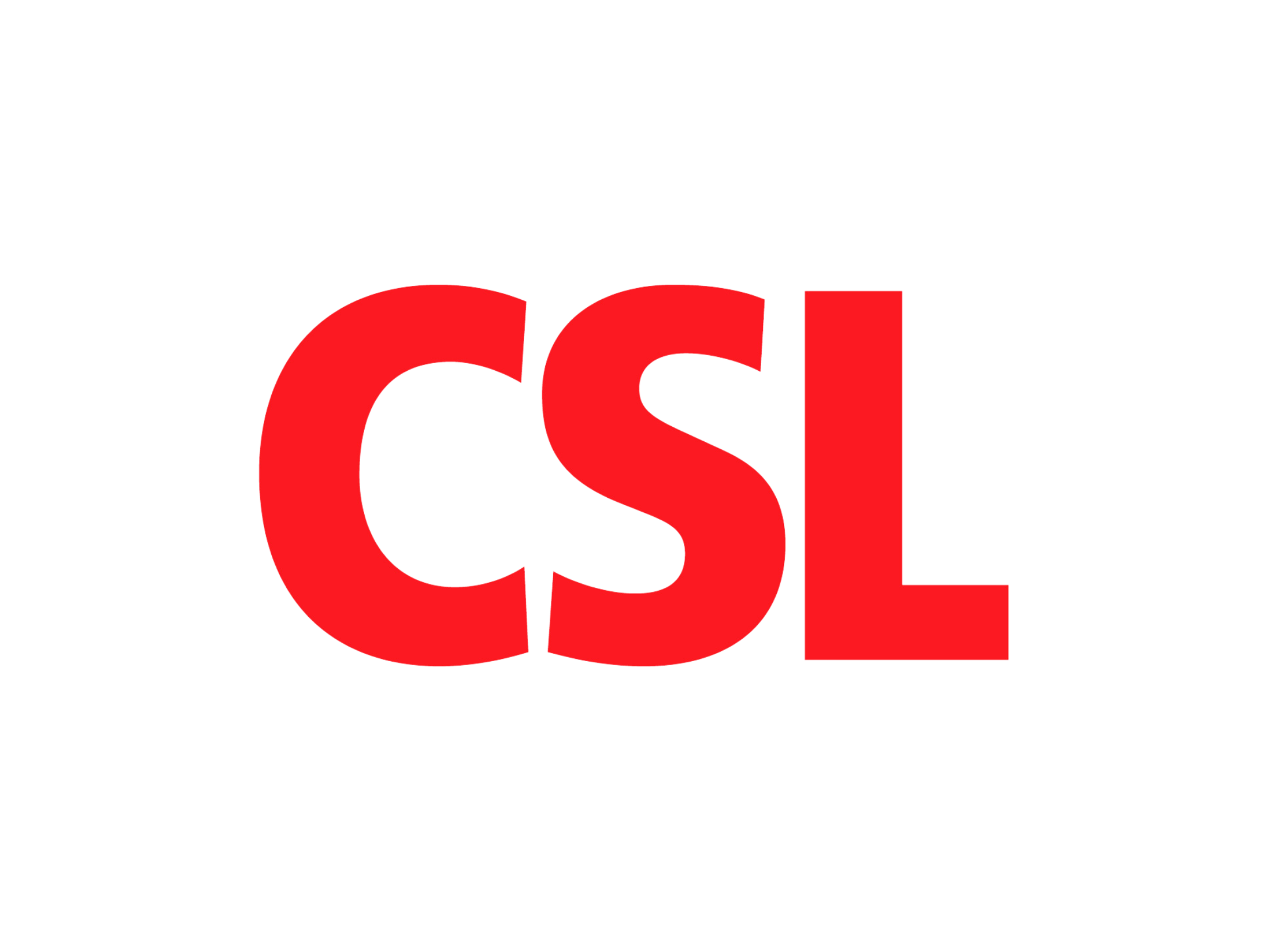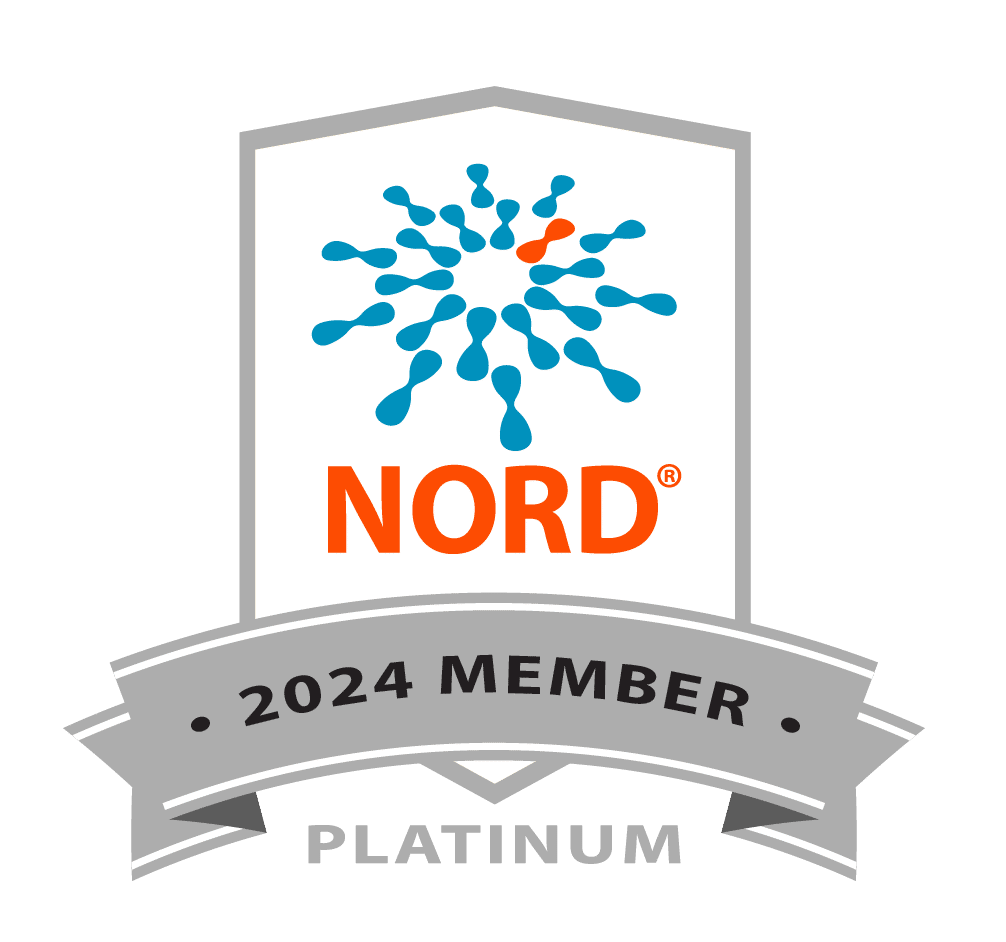Natasha Durant, Alpha Mom and Co-Leader of the Oregon Alpha-1 Foundation (A1F) Support Group, is helping lead the charge in community awareness for Alpha-1 Antitrypsin Deficiency (Alpha-1), one parade at a time.
“Raising awareness means more people understand what the Alpha-1 community goes through,” Natasha shares. “It may even help someone be diagnosed and start treatment to improve their quality of life. If even one doctor or nurse sees our float and learns about Alpha-1, that could make all the difference to a patient.”
After launching her first Alpha-1 awareness float at a local parade, Natasha and her team returned the following year with even greater impact. They brought together a group of volunteers of all ages—including several other Alphas—for a purple-themed float designed to both inform and inspire.
“People kept asking, ‘What is Alpha-1?’” she recalls. “That’s exactly why we’re doing this. The more people we can reach, the more lives we may touch.”
Support for the project has continued to grow. A local business stepped up to sponsor their float entry, and members of the Alpha-1 community, including Mary Chilton, Caroline Zeigler, Ken Widner, Gary Gibbon, Don Klindt, and the Embold Credit Union of Molalla, contributed candy, decorations, and materials. Natasha’s husband even helped design sturdier balloon arches and a sunshade to keep volunteers cool during the route.
“A local lumber mill donated the wood for our frame,” Natasha adds. “It’s been a true community effort.”
Accessibility and health remain at the forefront of her planning. “We chose a hybrid vehicle to pull the float rather than a diesel truck,” she explains. “I’m always thinking about how to reduce exposure to pollutants for the Alphas who ride with us.”
With thousands of parade attendees each year in Molalla, Oregon, Natasha sees these events as a powerful way to spark conversations about Alpha-1, encourage testing, and generate support for A1F’s mission.
She’s now thinking about how to expand her outreach, including participating in parades during Alpha-1 Awareness Month and setting up booths at local markets and community events.
“We have to make Alpha-1 a known rare disease,” Natasha says. “With more awareness comes more support for our children, future generations, and the entire Alpha-1 community. That’s what drives my efforts.”
